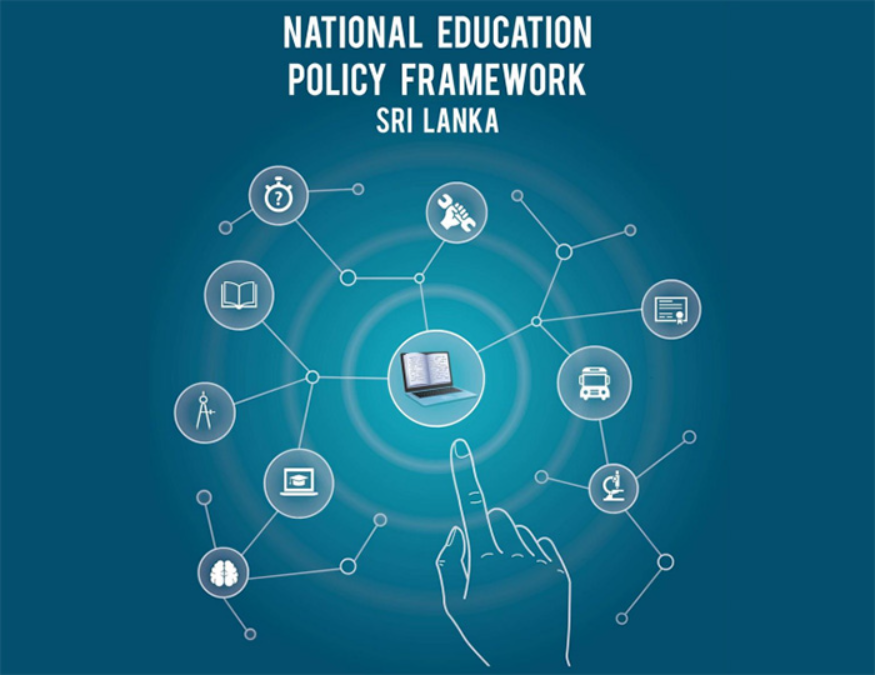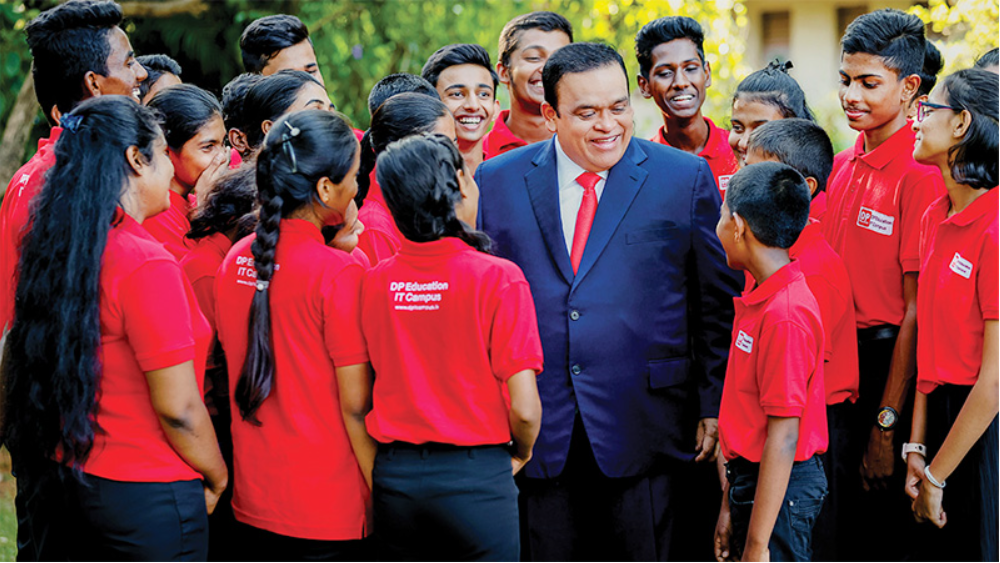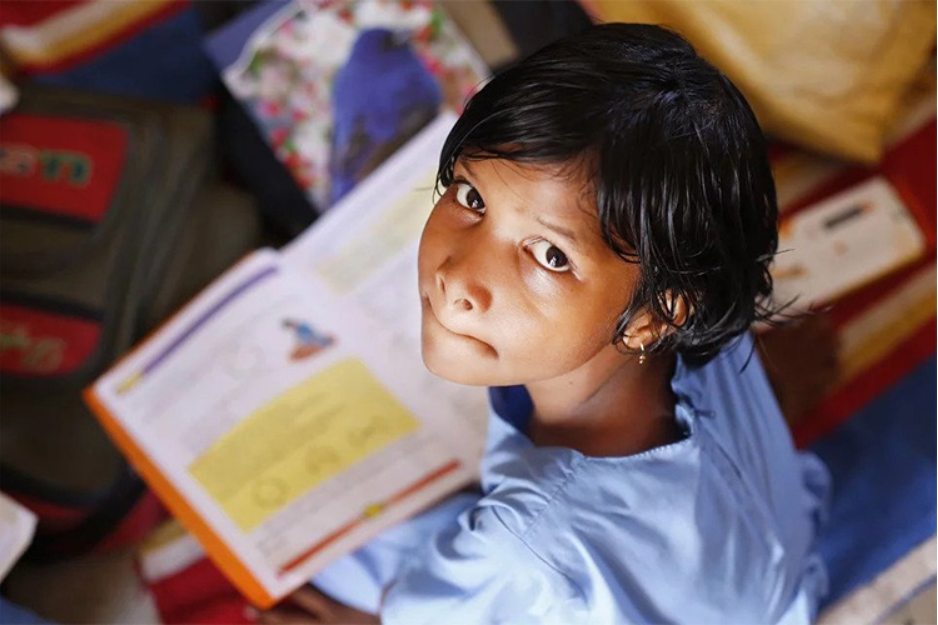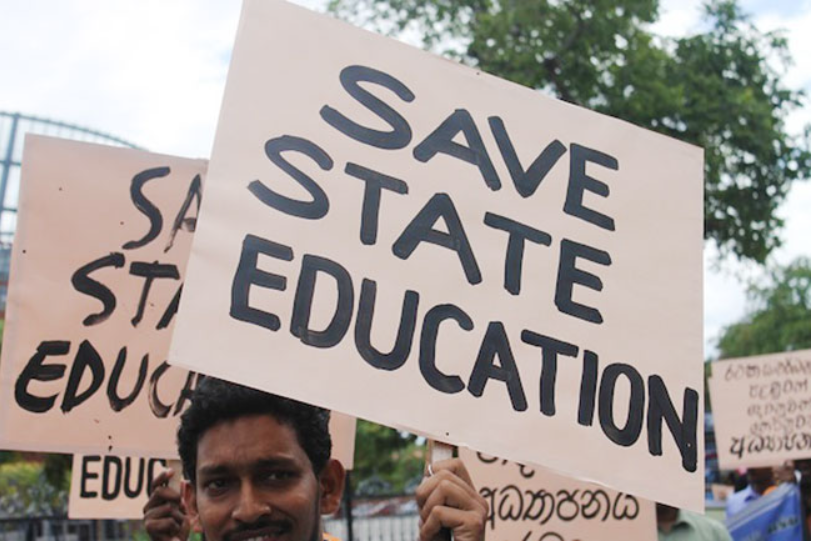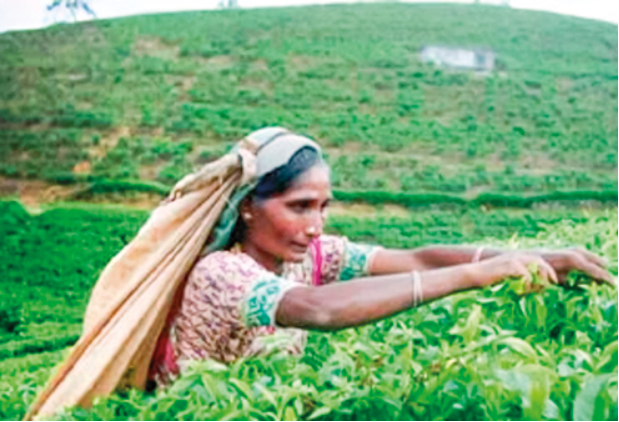I remember, with unusually vivid clarity, the first time I really noticed the presence of silence in the classroom. One of the lecturers, who was taking our undergraduate class, had assigned us reading to be done ahead of time, parts of which were quite tedious and had to be read twice/thrice over to be grasped. In true happy-go-lucky undergrad spirit, my classmates and I turned up having ‘skimmed’ the articles and nurturing the fervent hope that someone else would pick up the discussion in the event that any questions were raised. As you would imagine, it went horribly wrong. The lecturer posed a question that required some thinking, and we suddenly and silently went into panic-mode in a bid to offer something akin to an answer. A few of us tried to start things off by giving noncommittal responses in the general direction of the question and were kindly asked to explain ourselves further – at which point we fell silent once more because we felt that we hadn’t thought things through. The lecturer, instead of berating us for not reading adequately or making us feel like we were bad students, simply invited us to embrace the silence so that we could get our thoughts in order.


